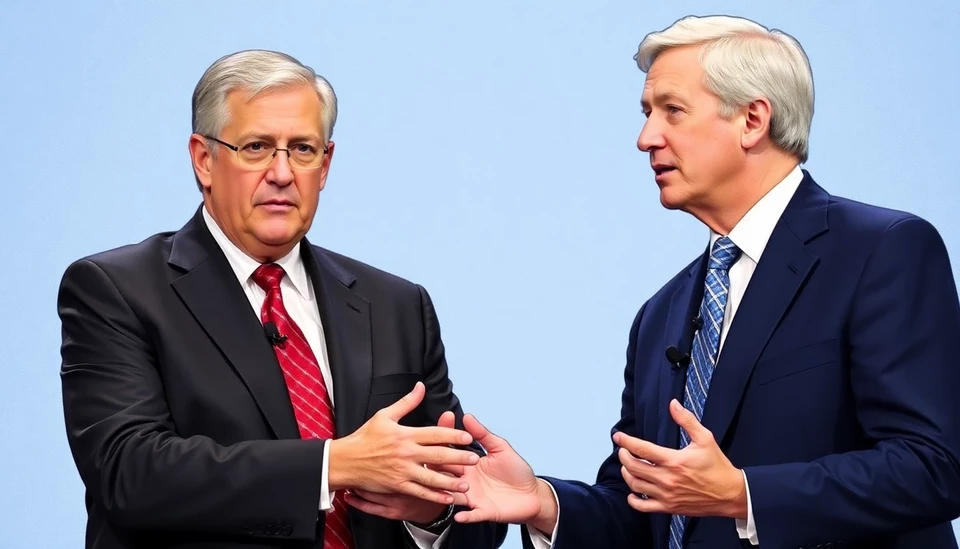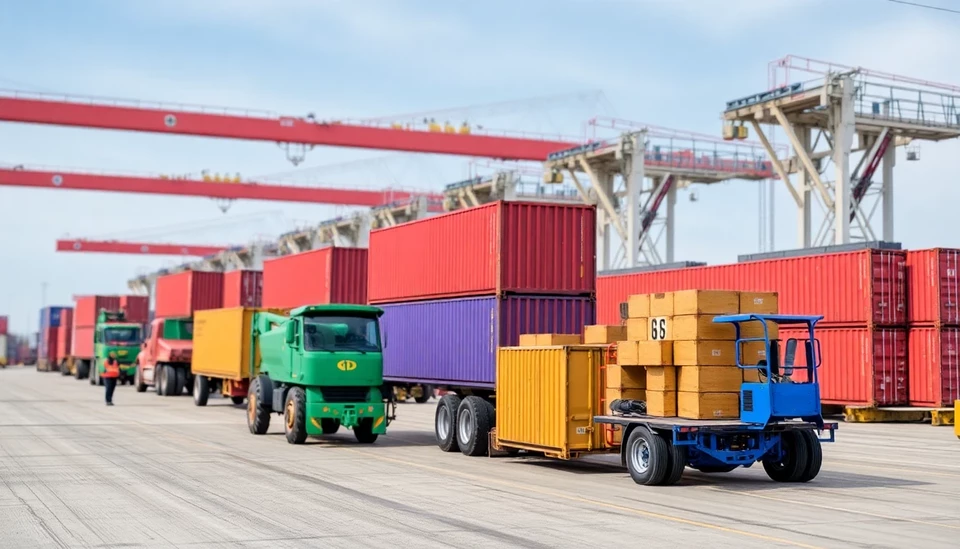
In a bold statement reflecting on the evolving landscape of international trade, Jamie Dimon, the CEO of JPMorgan Chase, expressed that tariffs could serve as a strategic tool to manage competition and enhance national security. During a recent conference, Dimon articulated his perspective on the vital role tariffs play in shaping economic policies amid growing geopolitical tensions.
Dimon, a prominent figure in the financial industry, underscored the challenges that American companies face due to global competition, particularly from nations that do not adhere to the same fair trade practices. He pointed out that imposing tariffs could level the playing field, thereby enabling local businesses to thrive and ensuring that the U.S. maintains its competitive edge on a global scale. His comments come at a time when the U.S. is reassessing its trade policies in response to shifting alliances and economic pressures.
Furthermore, Dimon emphasized the potential of tariffs to safeguard critical industries from foreign domination. He argued that strong domestic industries are essential for national security, alluding to the need for America to become less dependent on foreign supply chains, especially in sectors vital for defense and technology. This viewpoint resonates with ongoing debates regarding the U.S.'s reliance on imports and the strategies necessary to protect strategic interests.
In his address, the CEO of JPMorgan Chase also highlighted the importance of a balanced approach to tariffs—one that supports American manufacturers while fostering healthy competition globally. He cautioned against making decisions that could lead to trade wars, which might hurt consumers and disrupt markets. Instead, Dimon advocated for a measured application of tariffs aimed at specific sectors where inequities are most pronounced.
The discussion of tariffs under Dimon's leadership has reignited interest among policymakers and business leaders alike, reinforcing the necessity to adapt to the changing global economic environment. As companies grapple with the ramifications of past tariff implementations, Dimon's perspective may influence future discussions on trade relations and economic strategies moving forward.
In conclusion, as the geopolitical landscape continues to shift, the dialogue surrounding tariffs and their impact on national competitiveness and security remains at the forefront. Jamie Dimon's remarks serve as a catalyst for further exploration of how trade policies can be crafted to benefit the U.S. economy while addressing global challenges.
#Tariffs #JamieDimon #JPMorganChase #TradePolicy #NationalSecurity
Author: Rachel Greene




